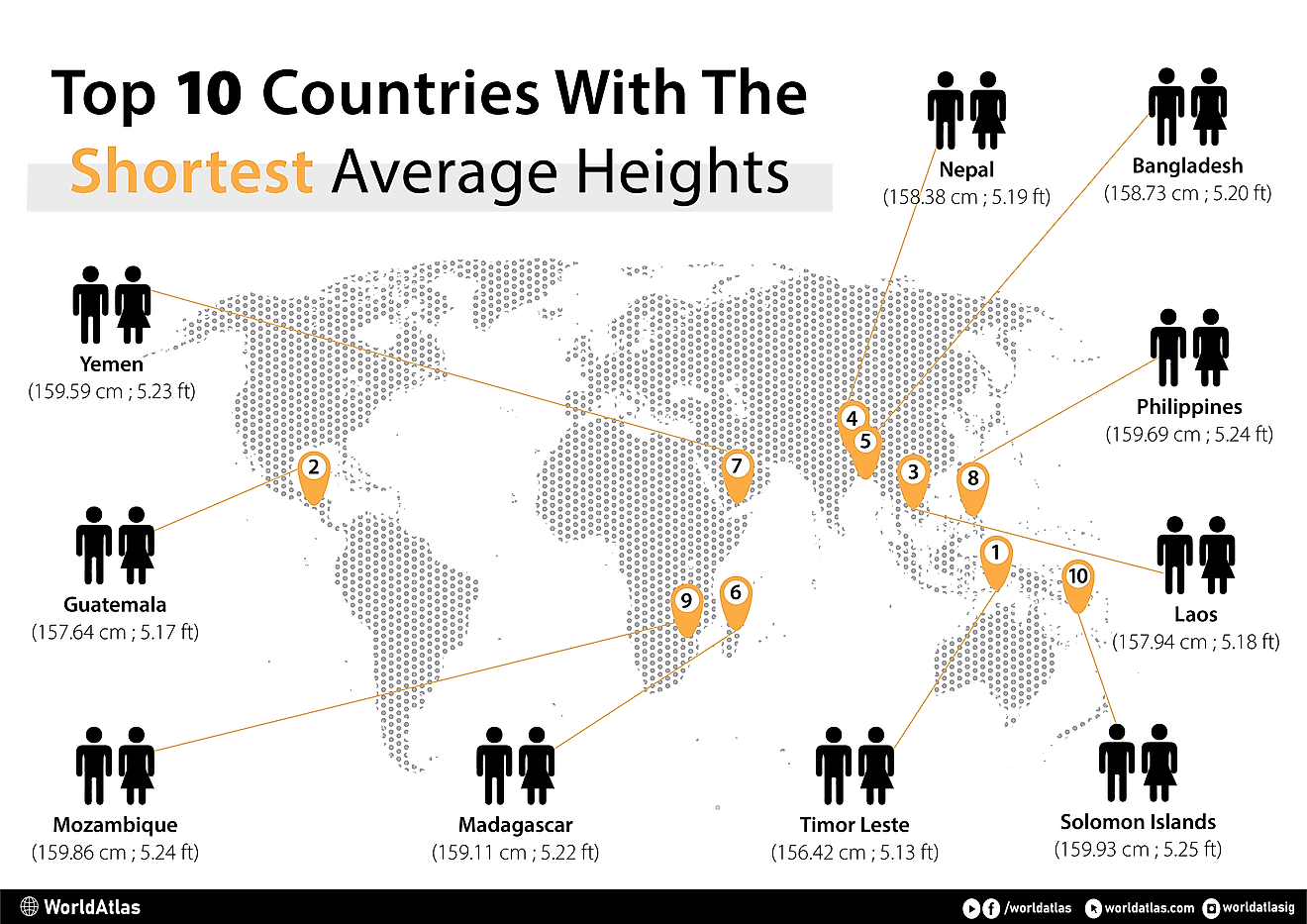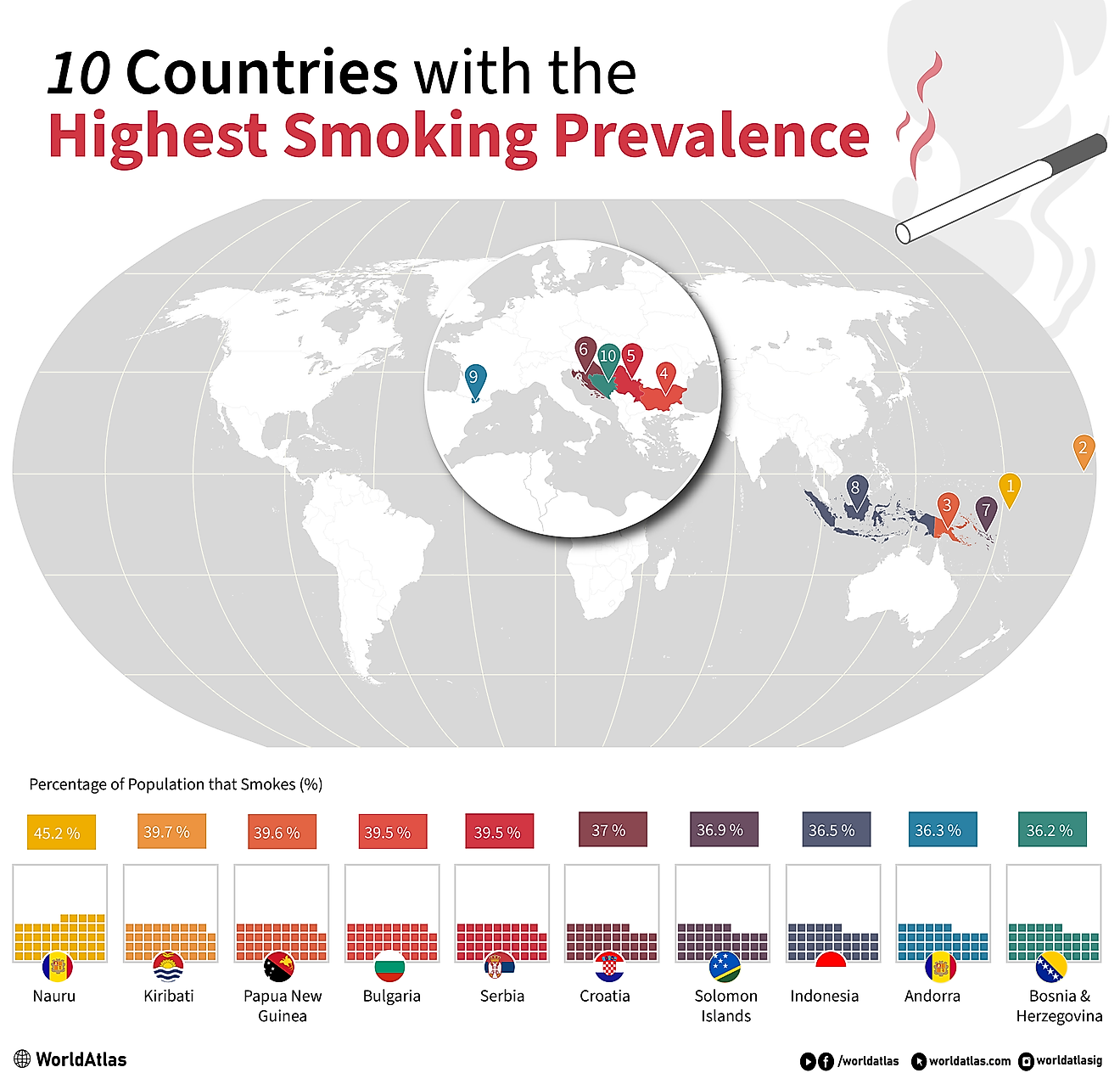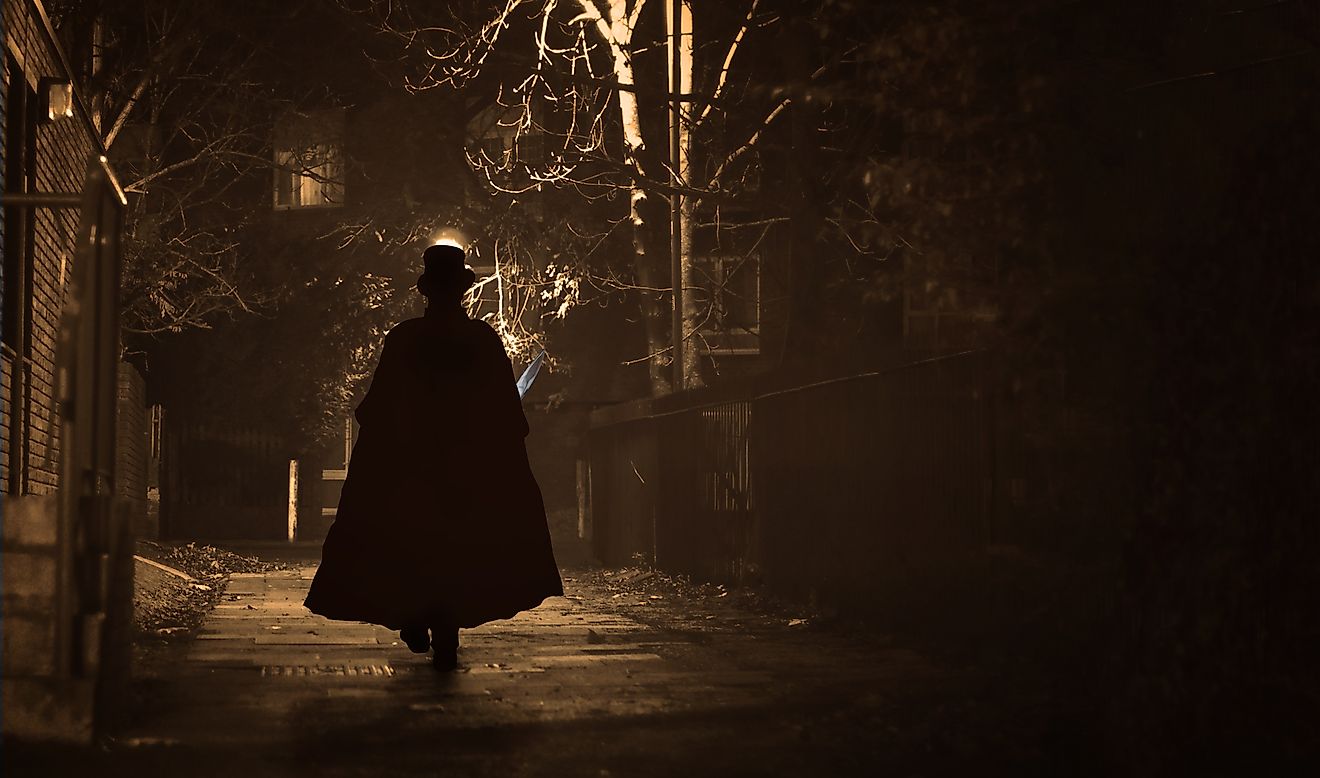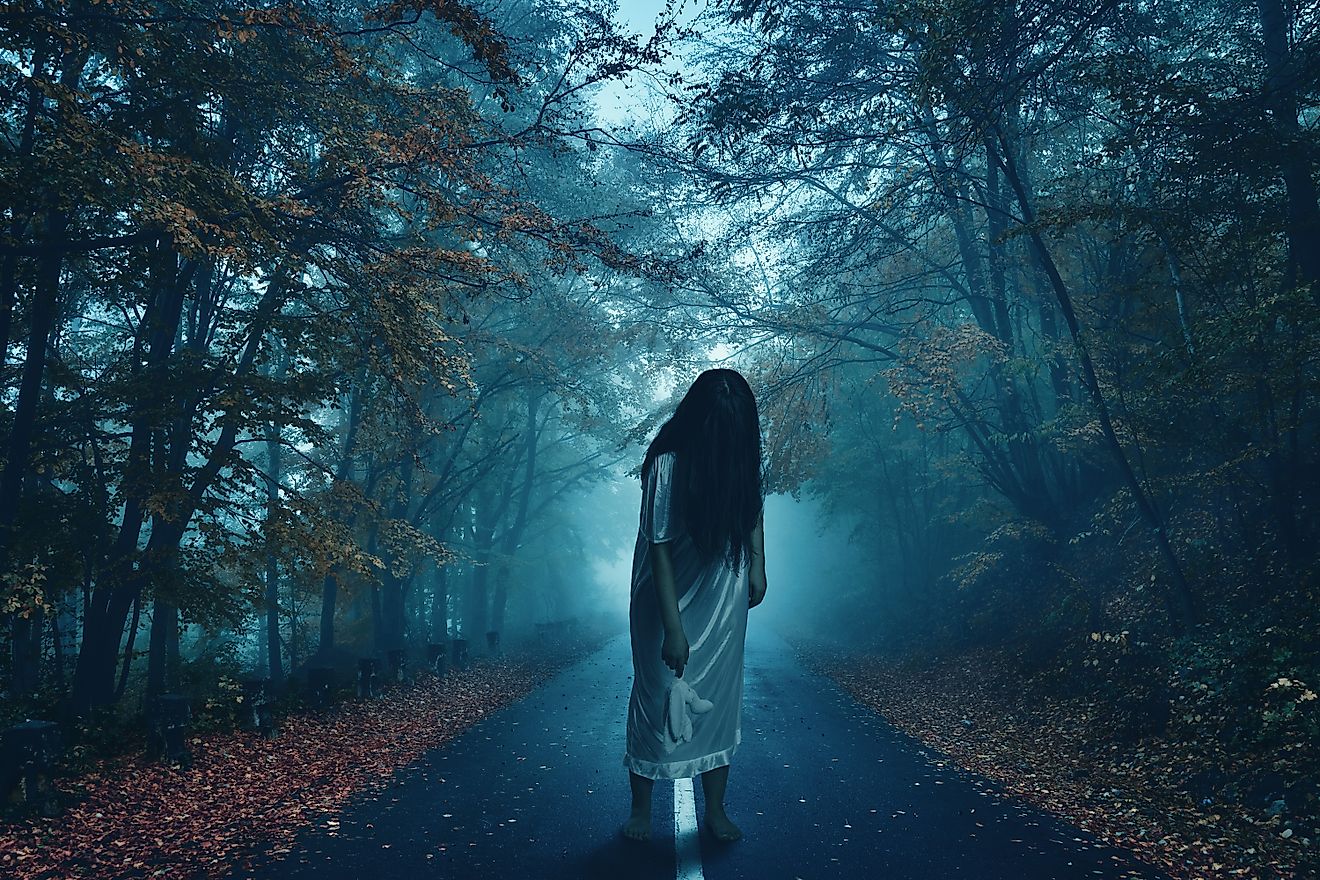
10 Most Dangerous Jobs in America
If the worst part about your job is that it is boring or uneventful, you are actually one of the lucky ones. While there is plenty of work out there that requires more hands-on skills and experience, not all jobs are desirable because of the risks associated with them.
1. Fishing and Hunting Workers

Fishing and hunting top the list of most dangerous jobs in the US because of the number of fatalities associated with them. Fishing, in particular, brings humans in contact with the harshest elements of mother nature. Drowning causes a lot of deaths, as does managing heavy machinery, and being exposed to bitter weather conditions.
According to OSHA, the fatal injury rate for fishing and hunting workers was 132.1 per 100,000 workers in 2020. However, humans must eat, so there is always a need for people to do this job.
2. Logging Workers

Logging has always been on the list of "top ten of most dangerous jobs in the US," and it is easy to see why. Cutting huge trees in forests is a risky business. The tree could fall on the logger if they are not careful, with fatal results. Logger tools are also very dangerous as they are heavy, with plenty of sharp edges.
Logging truck accidents are very common. In 2020, the number of logger fatalities grew from 70 to over 90 per 100,000.
3. Roofers

Home construction is a booming business and every house needs a roof. According to OSHA, 47 out of 100,000 roofers were fatally injured in the US in 2020. The work is particularly dangerous because roofers are always at risk to fall, no matter what the weather. They need a lot of equipment to build and repair roofs, and carrying it all with them can also become a safety hazard.
Poorly supported roofs can cause accidents too. A small lapse in concentration, or a sudden fear of heights, anything can lead to a fall, which may prove to be fatal.
4. Construction Workers

Construction jobs are not a walk in the park either. In 2020, the construction industry recorded fatalities numbering over 40 out of 100,000. Most of these were a result of falls at the workplace, electrocution, accidents with heavy machinery, and vehicle collisions near worksites.
Research shows that mental health issues such as depression and stress have also contributed to a higher number of fatalities in recent years. Stress impacts sleeping patterns, and tired workers are more prone to accidents. Some studies also showed that the suicide rate grew significantly in the construction industry during the pandemic.
5. Aircraft Pilots and Flight Engineers

Not many consider flying to be unsafe nowadays, but being an aircraft pilot or flight engineer is still on the US's most dangerous jobs list. According to OSHA, the fatality rate for pilots and flight engineers in 2020 was 34.3 out of every 100,000 workers.
The majority of accidents took place on private aircraft, while commercial planes and flights remained relatively safe. Bad weather, defective machinery, and human error could have been the cause of these accidents. Safety protocols continually change so that the probability of such mishaps is minimal going forward.
6. Refuse Waste and Recyclable Material Collectors

Humans generate a lot of garbage every day, so garbage collectors are an integral part of the US system. Unfortunately, that does not mean their work is not fraught with danger. Working with heavy machinery comes with its own set of hazards and the fact that they have to keep stopping on their routes to collect trash exposes them to the likelihood of injury by another vehicle, or the garbage truck itself.
7. Structural Iron and Steel Workers

As is evident from their job title, iron and steel workers are constantly working with heavy machinery. They are cutting, welding, and shaping the metals to use in the construction of bridges, roads, and buildings, and they are working at heights to lift, load, and unload steel. Many have slipped and fallen to their death because of these conditions. OSHA estimated over 32 of every 100,000 iron and steel workers died as a result of workplace accidents in 2020.
8. Delivery and Truck Drivers

Although it is a common profession, being a truck or delivery driver in the US is a dangerous job. Truck drivers spend long hours on the road, maneuvering large vehicles and putting themselves at risk of accidents or crashes with other vehicles. The tediousness of the task can cause driver fatigue and this in turn can lead to accidents with often fatal results. OSHA estimated that over 25 out of 100,000 truck/delivery drivers were fatally injured in 2020.
9. Underground Mining Machine Operators

Mining accidents can happen because workers are working in cramped quarters where cave-ins can trap and fatally injure them. The more common danger of working in a mine though is exposure to methane gas and coal dust. Both of these elements can catch fire and explode, injuring those in the mine. Fatalities can also be a result of machine malfunctions or accidents with other equipment.
10. Farmers and Agricultural Workers

Many farmers and agricultural workers face fatal injuries due to pesticide exposure, and air pollution. However, transportation accidents, especially tractor overturns, are the biggest cause of fatalities among farmers and agricultural workers. Over 20 out of 100,000 agricultural workers died in 2020, the majority of whom were a victim of tractor overturns. Studies show that a simple method for dealing with this problem is to equip tractors with a Roll-Over Protective Structure (ROPS) with a seatbelt. Hopefully, once this is more commonplace, the number of fatalities will go down.
Prioritize Safety
This list shows how bad a really "bad day at work" can be for some people. It is imperative that companies and governments enforce policies and procedures that protect workers' rights and prioritize their safety. No one should be in a position where they have to fear for their life because of the job they choose.







